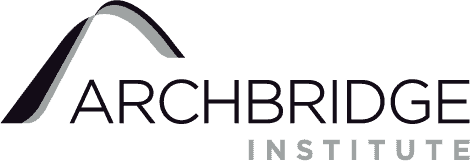Research
At the Archbridge Institute, we bring a fresh perspective to academic research
by encouraging a multidisciplinary approach to better understand
the nature of economic mobility.
Make a Donation
The Latest Publications

State Solutions to Empower Upward Mobility
Click here to open the PDF in a new tab. Prologue By Gonzalo Schwarz, President & CEO The Archbridge Institute is pleased to release “State Solutions to Empower Upward Mobility,” a compilation of essays featuring state-based policy reforms to increase economic...
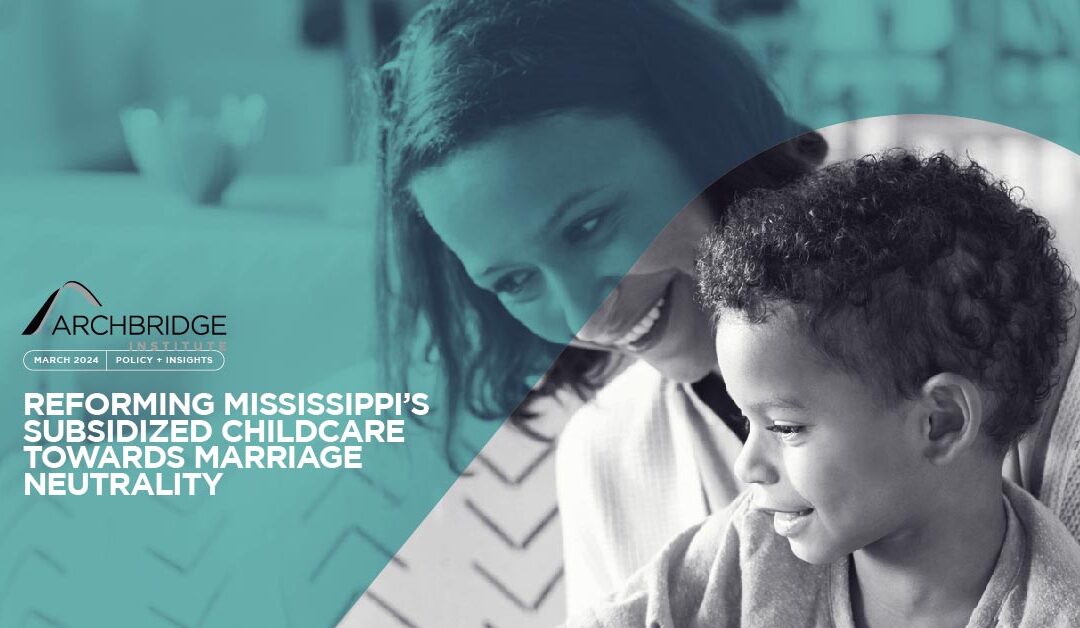
Reforming Mississippi’s Subsidized Childcare Towards Marriage Neutrality
Click here to open the PDF in a new tab. Why Welfare Has Marriage Penalties Welfare has marriage penalties because the eligibility threshold for programs does not account for both adults’ ability to earn money in a family unit. The eligibility threshold adjusts...
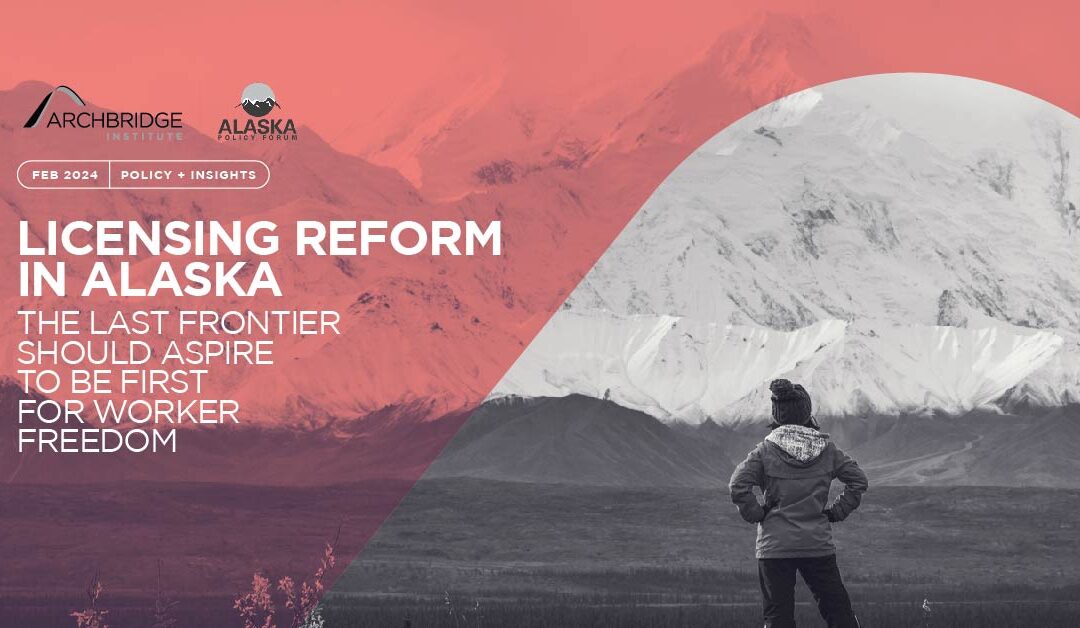
Licensing Reform in Alaska
Click here to open the PDF in a new Tab. Why Does Occupational Licensing Matter in the Last Frontier? As far as official barometers of Alaska’s labor market go, the state is near the national average. According to the Bureau of Labor Statistics, in December 2023 the...
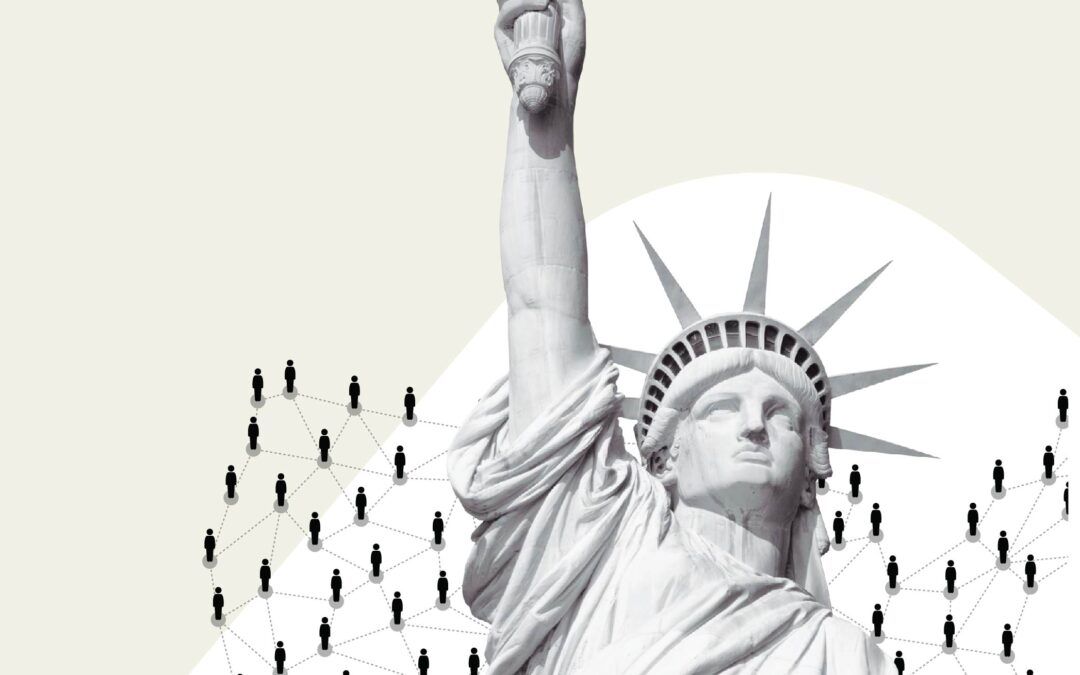
Social Mobility in the 50 States
Click here to open the PDF in a new tab. Overview When people think of the American Dream, they consider the ability to better one’s life and achieve one’s goals. They are either directly or indirectly speaking about social mobility. In this index, we examine...
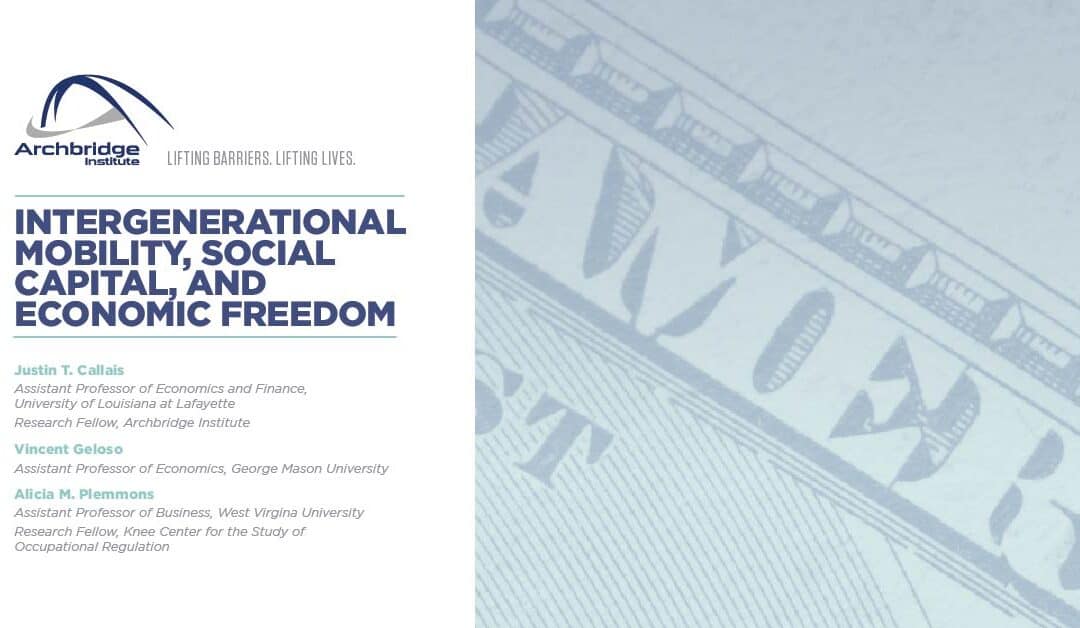
Intergenerational Mobility, Social Capital, and Economic Freedom
Click here to open the PDF in a new tab. Key Findings Many scholars have examined the role of social capital in determining economic and social mobility. However, few have tied the role of market institutions (namely, economic freedom) in determining social mobility....
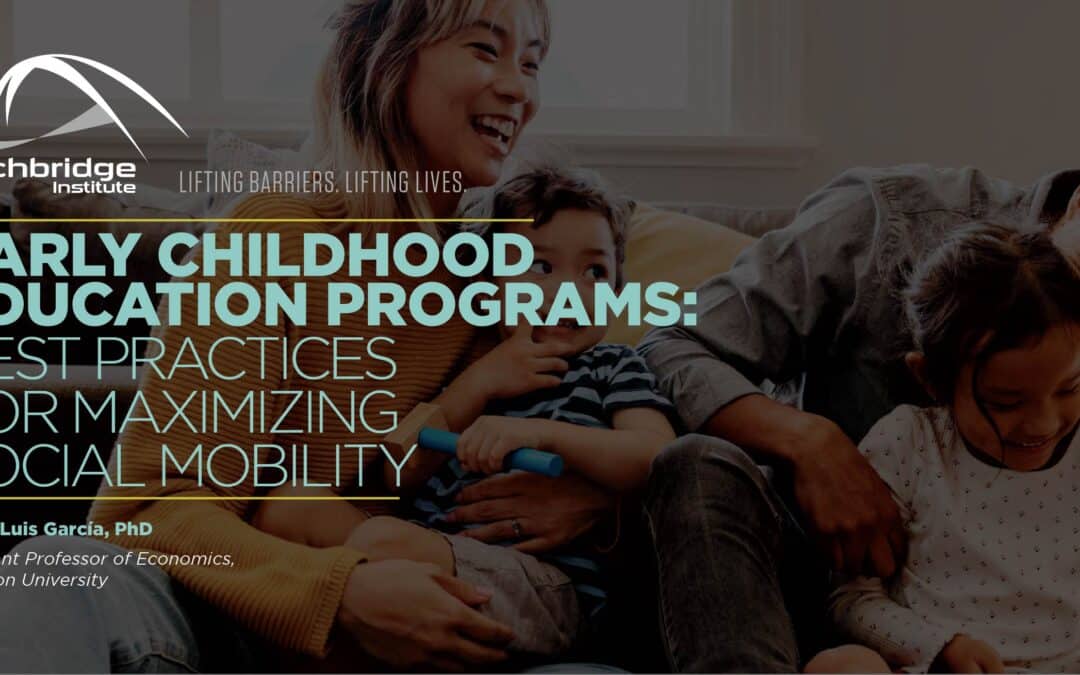
Early Childhood Education Programs: Best Practices
Click here to open the PDF in a new tab.
Summary
Early childhood education programs play a crucial role in promoting social mobility by providing disadvantaged children with a strong foundation for lifelong success. These programs recognize the importance of the early years in shaping a child’s development and aim to mitigate the effects of socioeconomic disparities that can hinder upward mobility.

Building soft skills for the Future of Work
Click here to open the PDF in a new tab. Key Points Over the past several decades, the nature of the economy has shifted from a goods-based economy to a service-based economy. This shift has also changed the kinds of skills most sought after and rewarded in the labor...
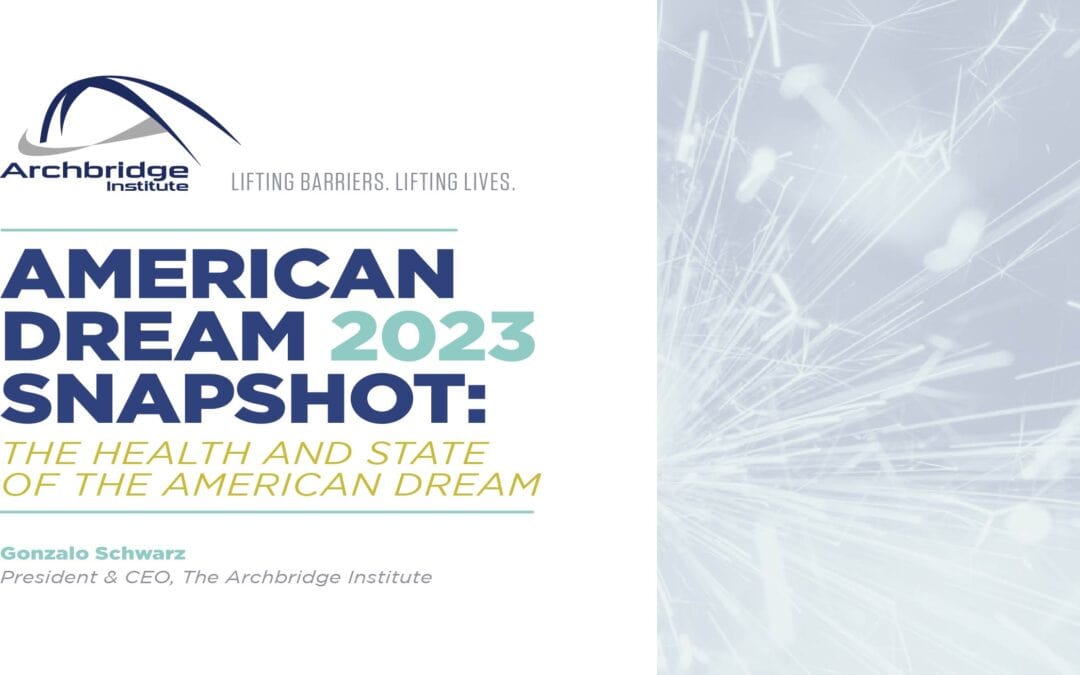
American Dream Snapshot 2023
Click here to open PDF in a new tab. With the 2024 presidential election starting to take shape, America’s spiral toward further polarization and tribalism seems poised to continue. Economic challenges are front and center in people’s minds, including a spending and debt crisis, inflation, banking uncertainty, and the possibility of a coming recession.
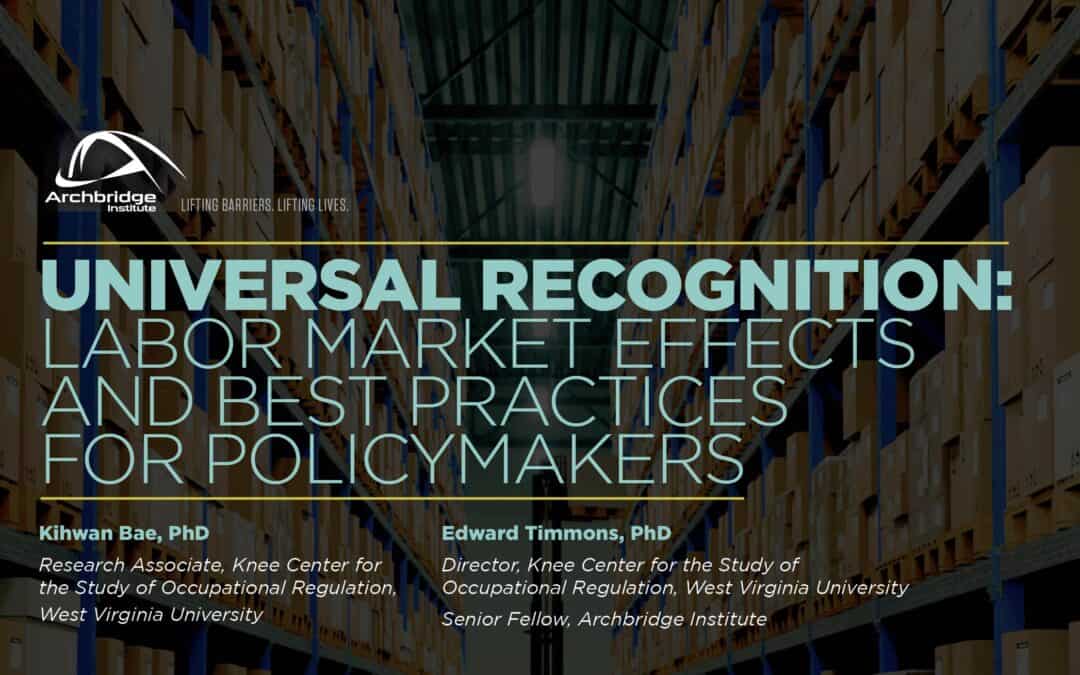
Universal Recognition: Labor Market Effects and Best Practices for Policymakers
Click here to open the PDF in a new tab. Introduction Universal recognition is the most widely adopted occupational licensing reform in U.S. history. Since 2013, 21 states have adopted the policy, which allows an individual with an out-of-state license to obtain a new...
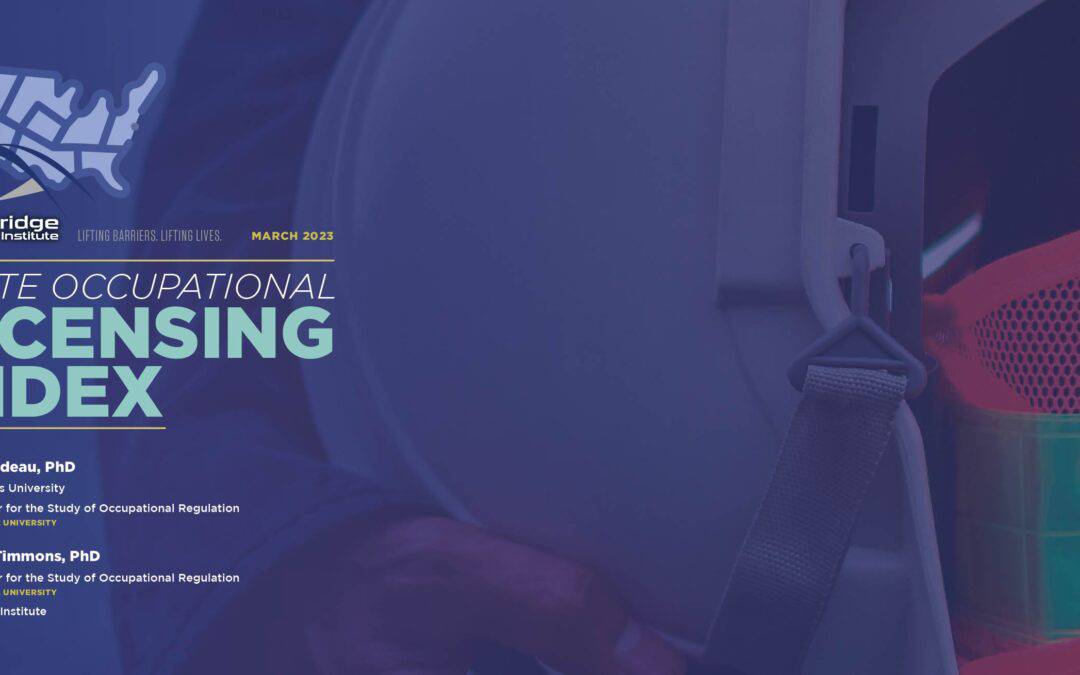
State Occupational Licensing Index 2023
Click here to open the PDF in a new tab. Overview Occupational licensing affects more than 20 percent of workers in the United States. The extent of occupational licensing greatly differs across states. From both a research and public policy standpoint, it is...

Americans Yearn for Tradition—Old and New—This Holiday Season
This article was originally published in the Harris Poll. Before the start of the winter holiday season—defined as the period beginning in mid-November and running through New Year’s Day—The Human Flourishing Lab at The Archbridge Institute and The Harris Poll...
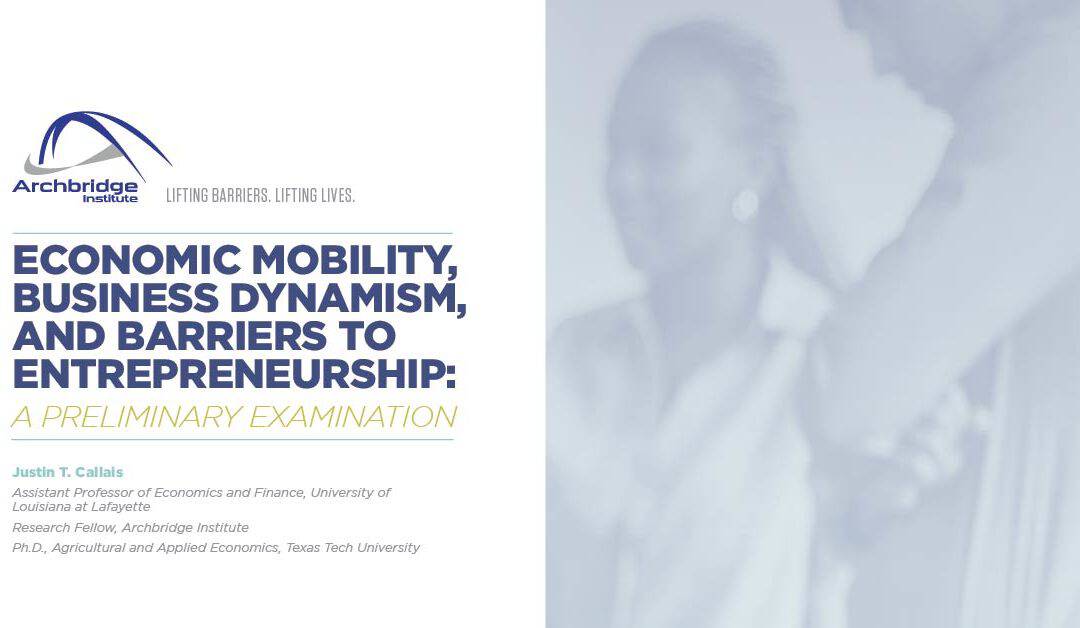
Economic Mobility, Business Dynamism, and Barriers to Entrepreneurship: A Preliminary Examination
Click here to open the PDF in a new tab. Key Findings Entrepreneurship and economic mobility have both been discussed in the academic literature, but the environment for entrepreneurship warrants closer examination. While the United States, compared to other...
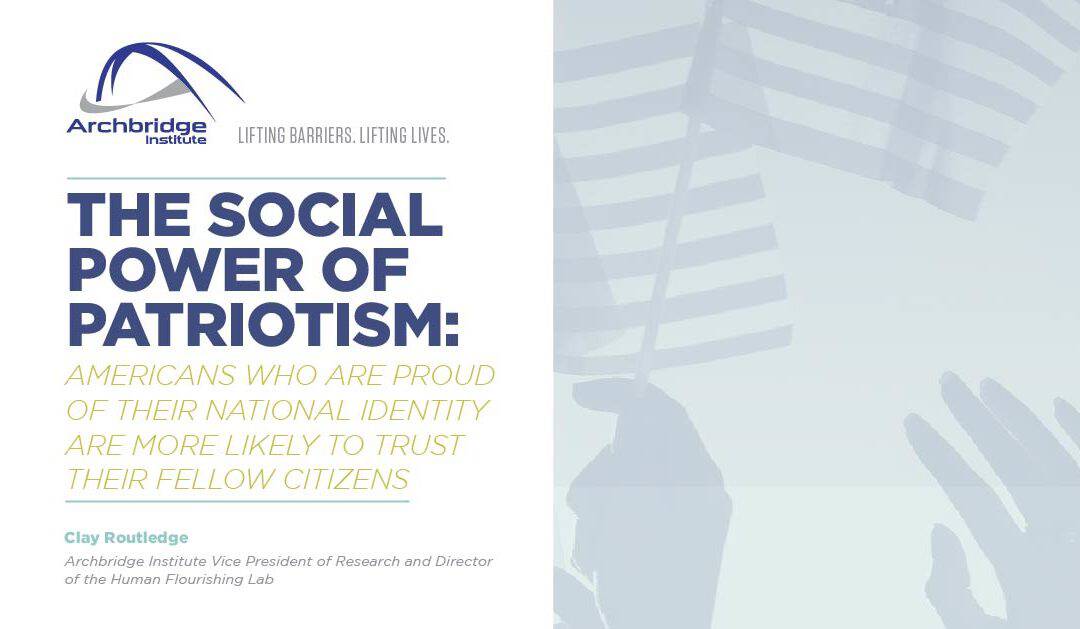
The Social Power of Patriotism: Americans Who Are Proud of Their National Identity Are More Likely To Trust Their Fellow Citizens
Click here to open the PDF in a new tab. Key Findings Most Americans (61%) agree that most of their fellow Americans can be trusted. This includes 63% of men and 58% of women. There are no differences in social trust between political groups. Around 60% of liberals,...
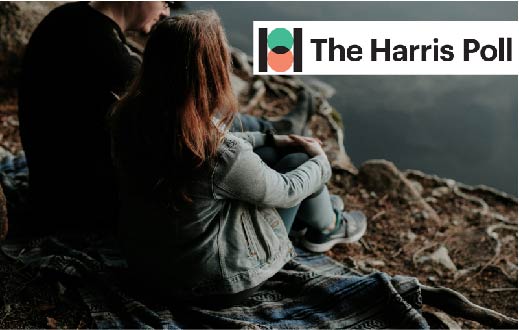
Personal Independence Behind Declining Birth Rates
This article was originally published in the Harris Poll. World fertility rates—defined by the World Bank as “the number of children that would be born to a woman if she were to live to the end of her childbearing years and bear children in accordance with...
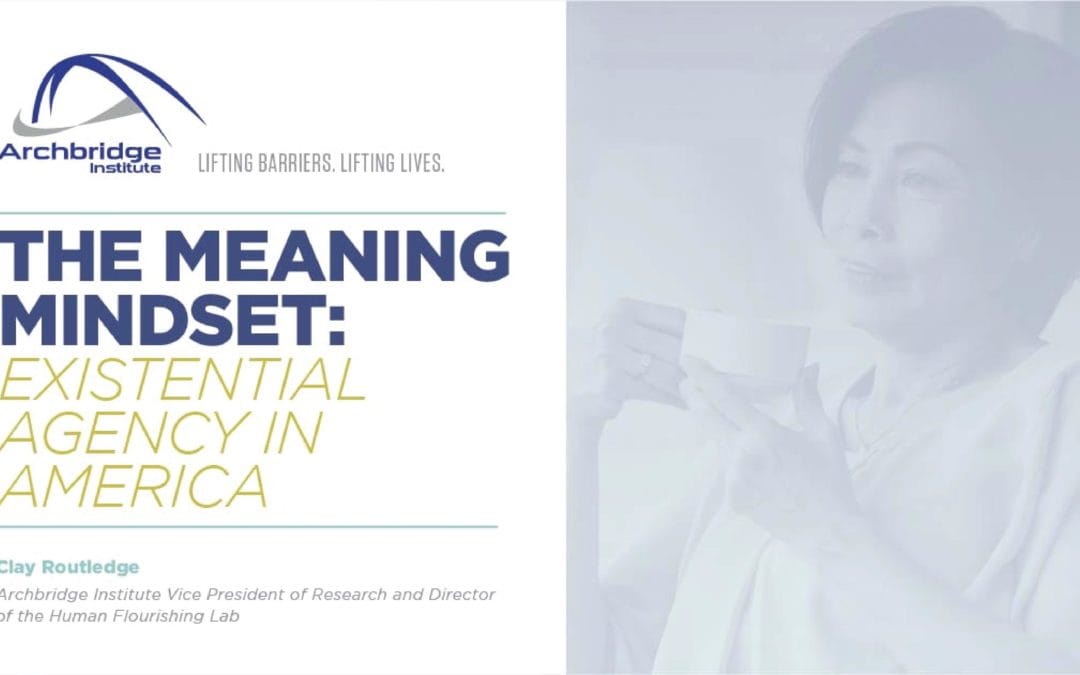
The Meaning Mindset: Existential Agency in America
Click here to open the PDF in a new tab. Key Findings Most Americans (69%) agree or strongly agree that they have the power to live a meaningful life (high existential agency). This is the case for both men and women and across regions of the country. The percent of...
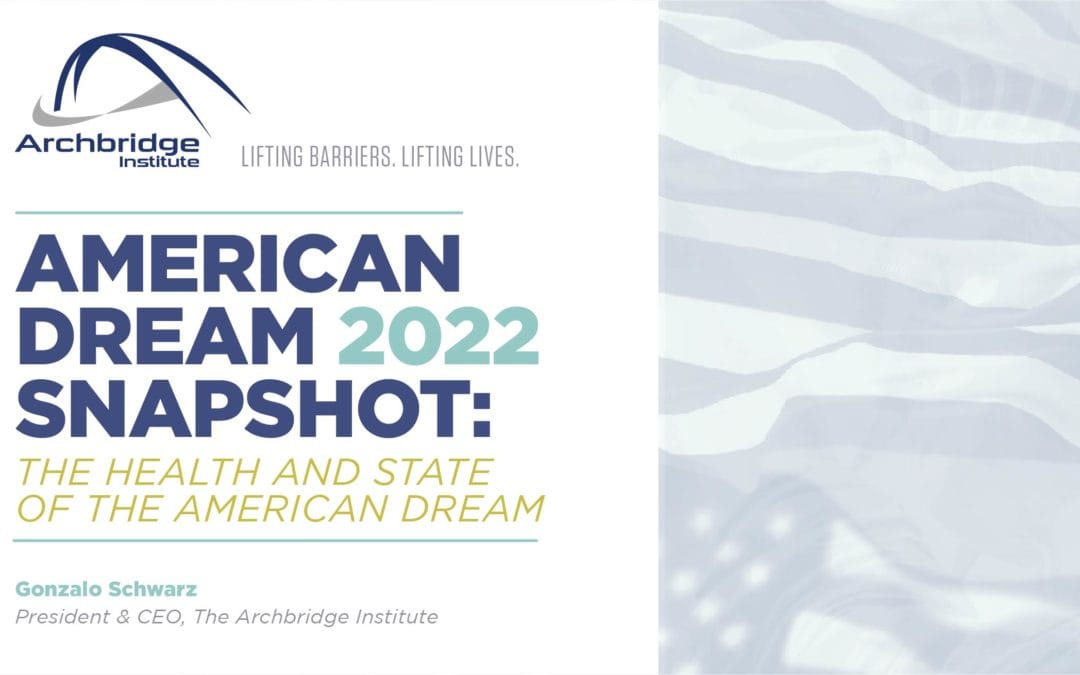
American Dream 2022 Snapshot: The Health and State of the American Dream
Click here to open the PDF in a new tab. Key Findings As in previous years most Americans, regardless of race, income, or education, believe that they haveeither achieved the American Dream or are on their way to achieving it. And the trend shows that fewerpeople...
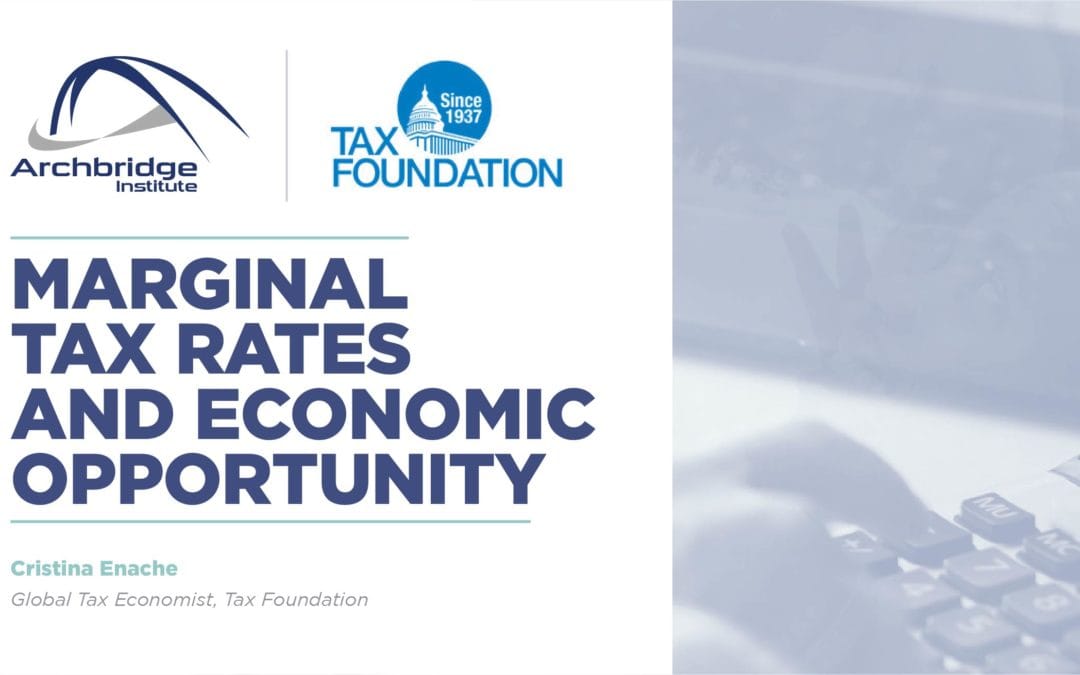
Marginal Tax Rates and Economic Opportunity
Click here to open the PDF in a new tab. Key Findings The marginal tax wedge is relevant for understanding how workers might benefit (or not) from an increase in pay once taxes enter the picture. Marginal tax wedges might deter workers from pursuing additional income...
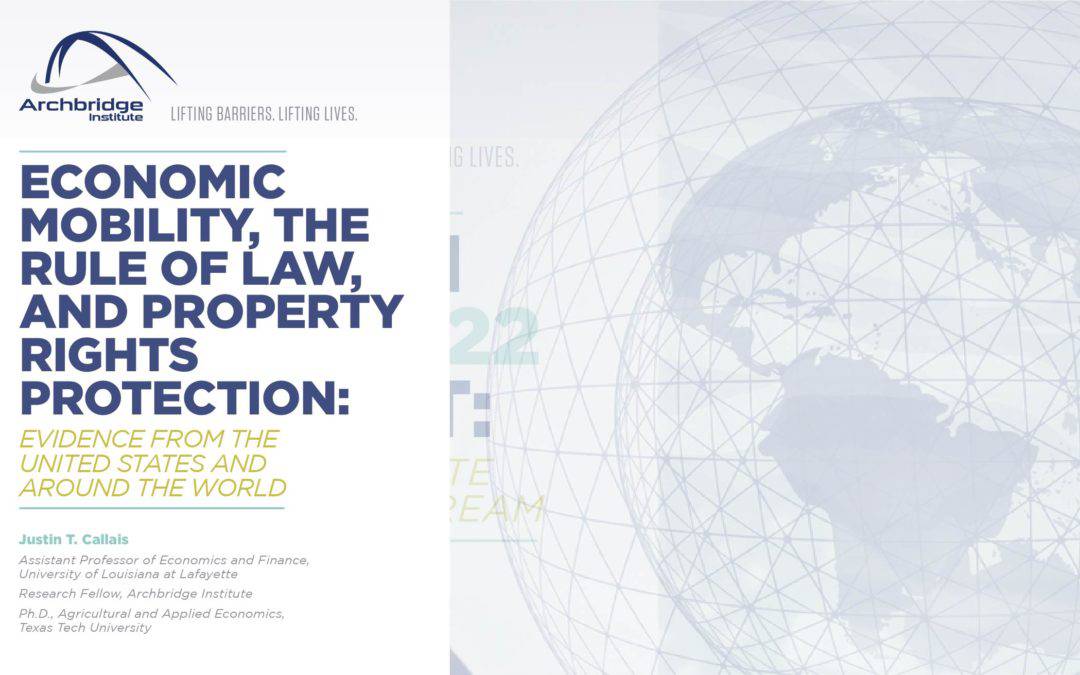
Economic Mobility, the Rule of Law, and Property Rights Protection
Click here to open the PDF in a new tab. Key Findings The institutional environment, specifically the quality of legal systems and protection of property rights, are often ignored in the economic mobility literature. Most of the research on mobility focuses on...
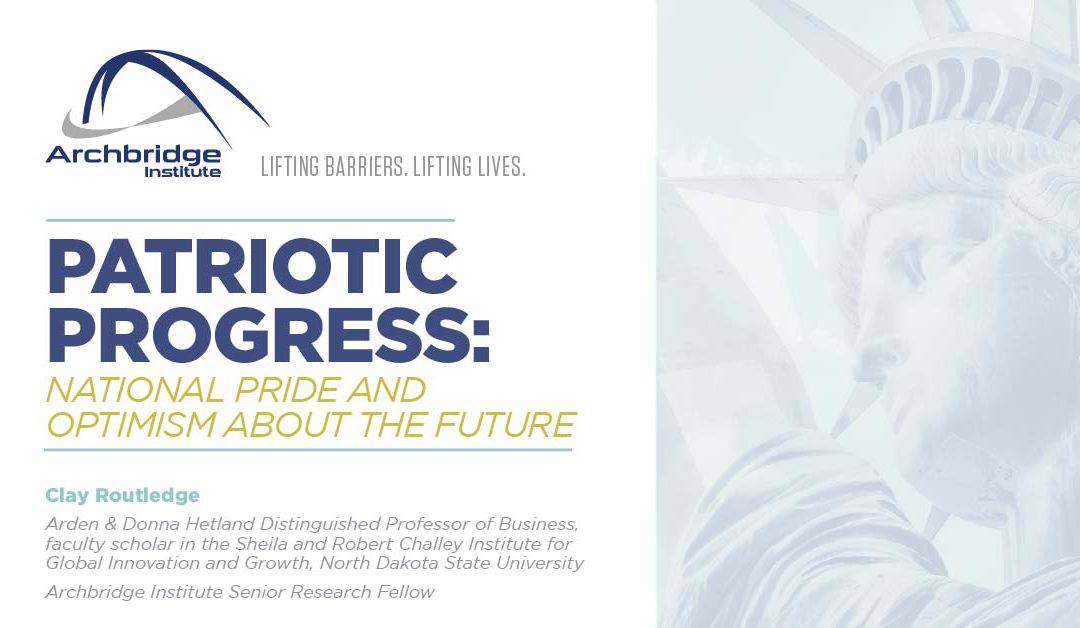
Patriotic Progress: National Pride and Optimism about the Future
Click here to open the PDF in a new tab. Optimism plays a central role in human progress. Therefore, it is concerning that many Americans are pessimistic about the future of the United States and its role in the world. For example, according to a Pew Research Center...
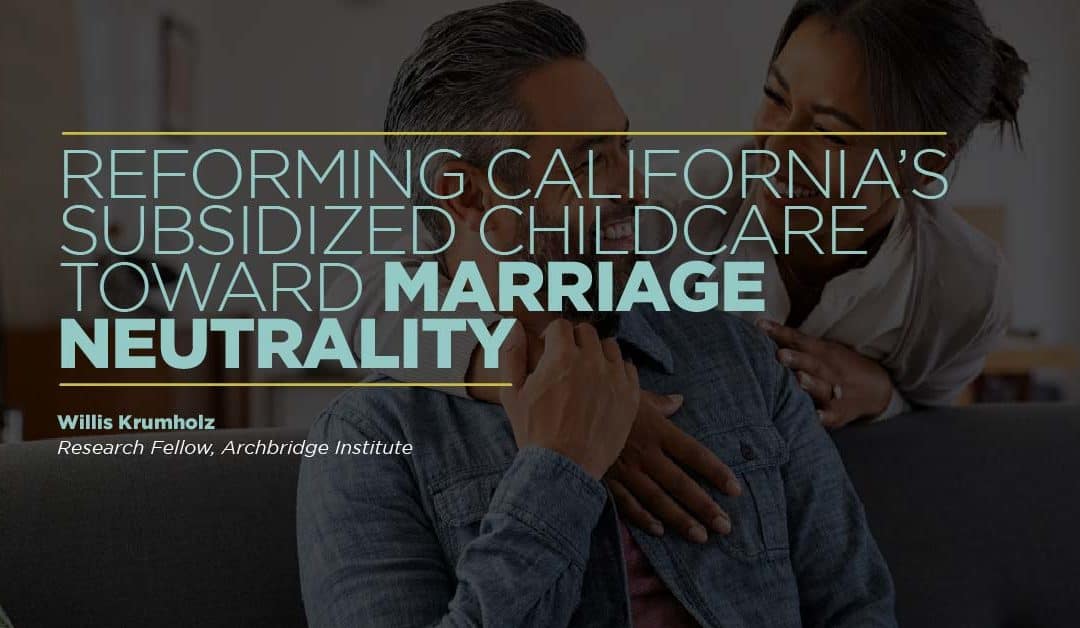
Reforming California’s Subsidized Childcare Toward Marriage Neutrality
Click here to open the PDF in a new tab. America’s safety net has alleviated severe poverty but comes with unintended consequences. For the most part, program eligibility is determined by household income and makes no adjustment for households where two married adults...
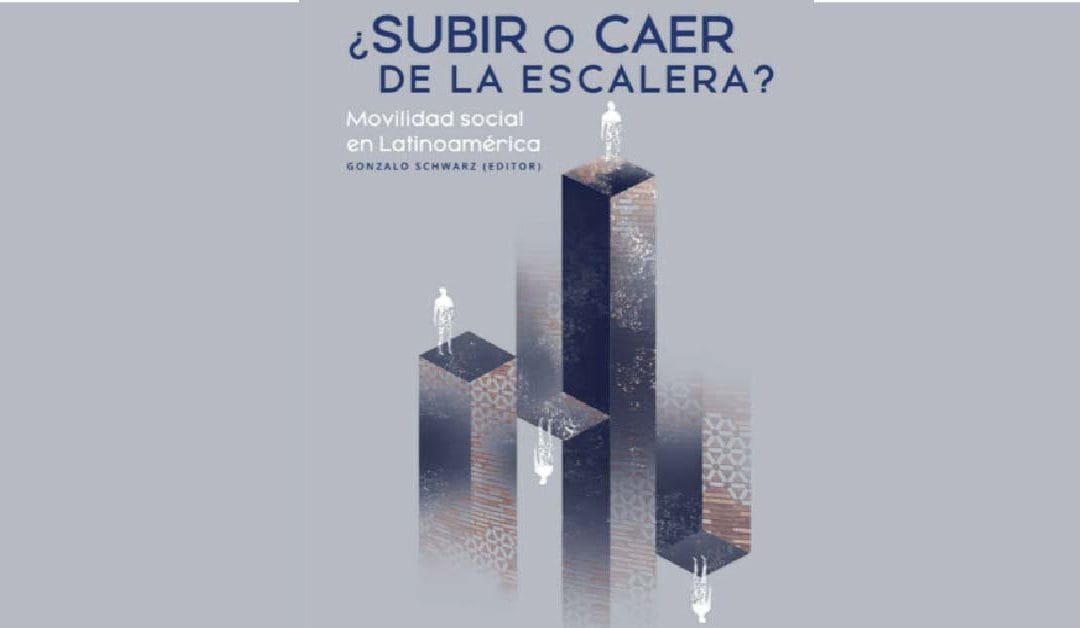
¿Subir o caer de la escalera?: Movilidad social en Latinoamérica
This publication (Only available in Spanish) centers around the concern that there is still no consensus on what the main barriers to social mobility are. In collaboration with four stellar think tanks in Latin America: Libertad y Progreso from Argentina, Libertad y...
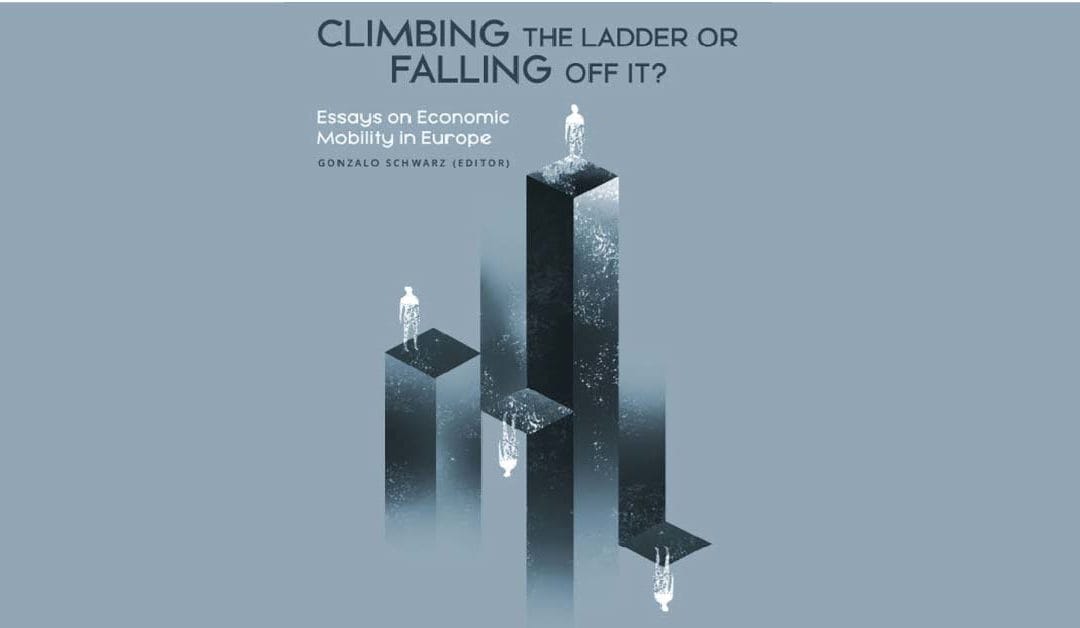
Climbing the ladder or falling off it: Essays on Economic Mobility in Europe
This publication centers around the concern that there is still no consensus on what the main barriers to social mobility are. In collaboration with five stellar European think tanks: the Centre for Political Studies in Denmark, Timbro in Sweden, the Lithuanian Free...
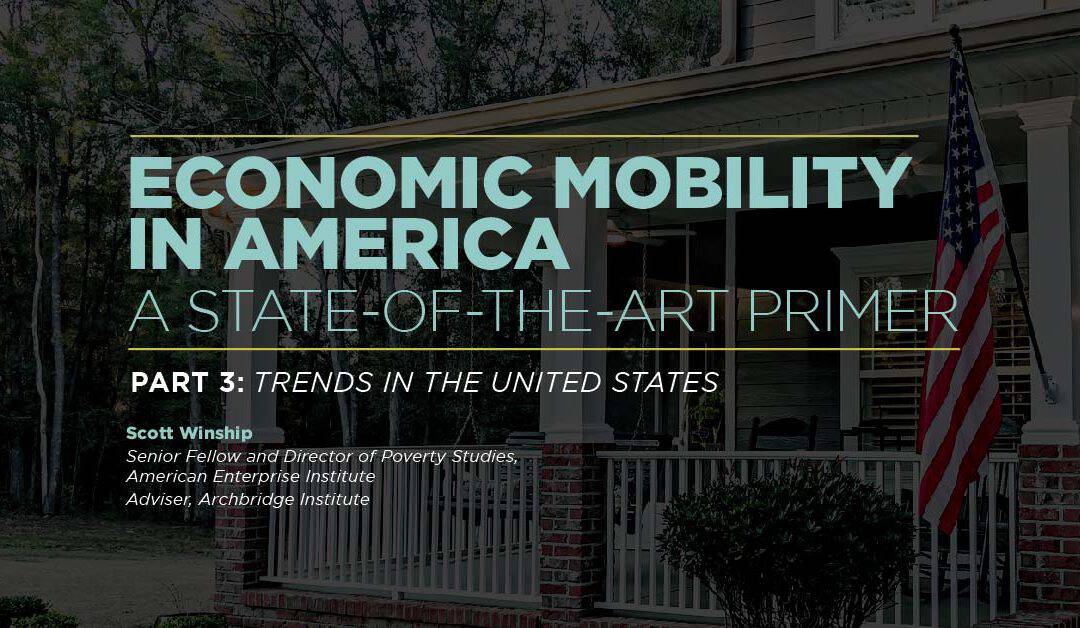
Economic Mobility in America a State of the Art Primer Part 3: Trends in the United States
Click here to open the PDF in a new tab. Is the American Dream Dying? A number of studies have examined this question by looking at trends in intergenerational economic mobility. However, studies using different datasets have produced different results. Few studies...
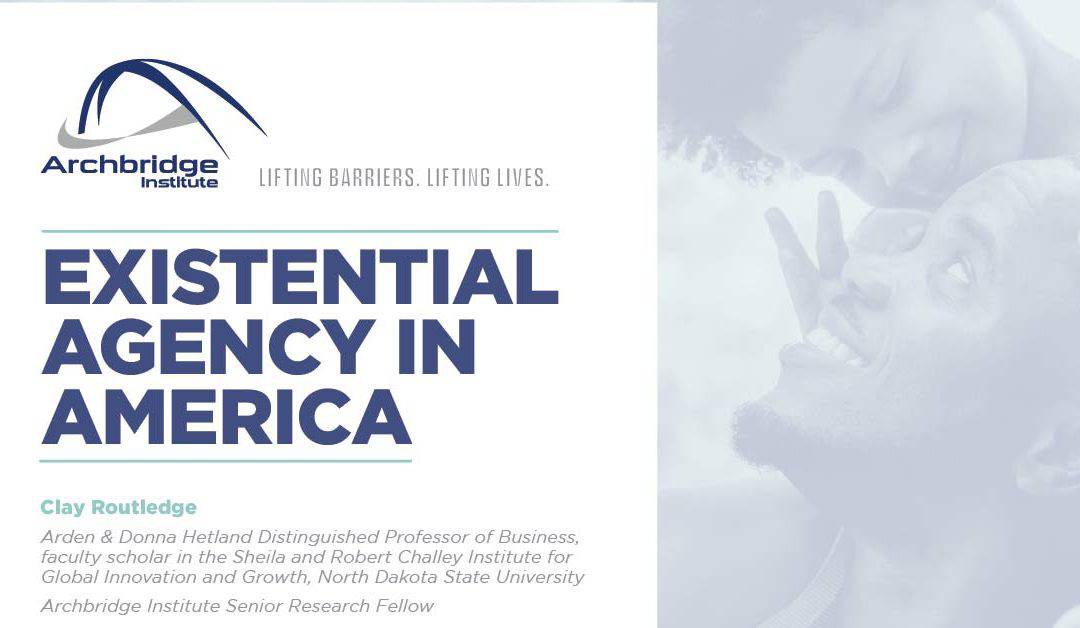
Existential Agency in America
Click here to view PDF in a new tab. Existential psychology plays a central role in human progress and flourishing, in part, because meaning in life is a self-regulatory and motivational resource that helps people live healthy, productive, prosocial, and goal-oriented...
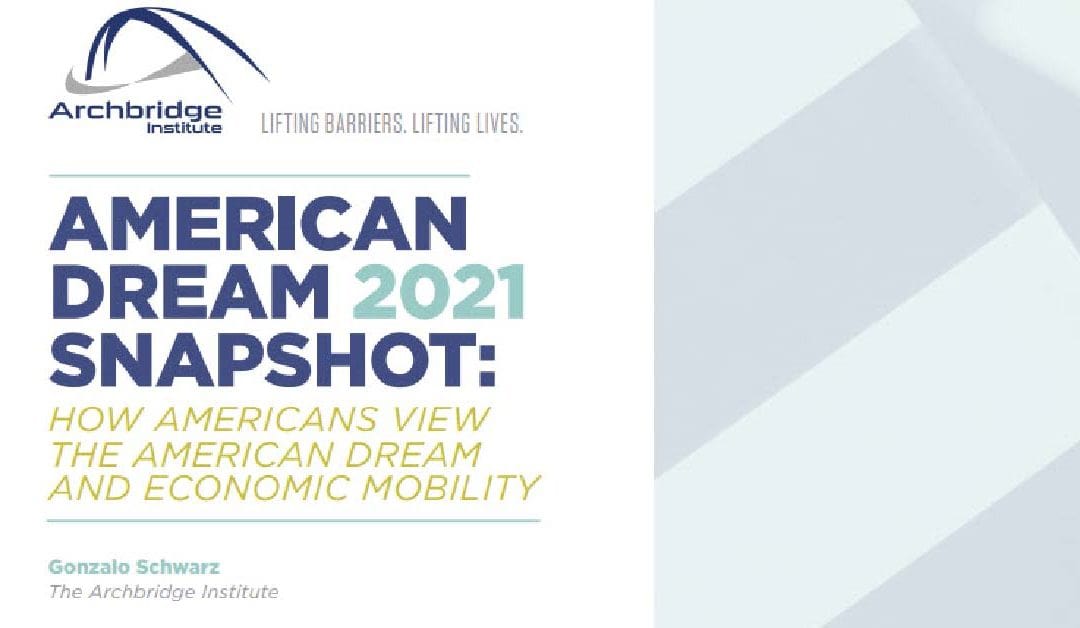
American Dream 2021 Snapshot: How Americans view the American Dream and Economic Mobility
Click here to open the PDF in a new tab. Key Findings Most Americans, regardless of race, income, or education, believe that they have either achieved the American Dream or are on their way to achieving it.Most Americans regard living better and fuller lives—rather...
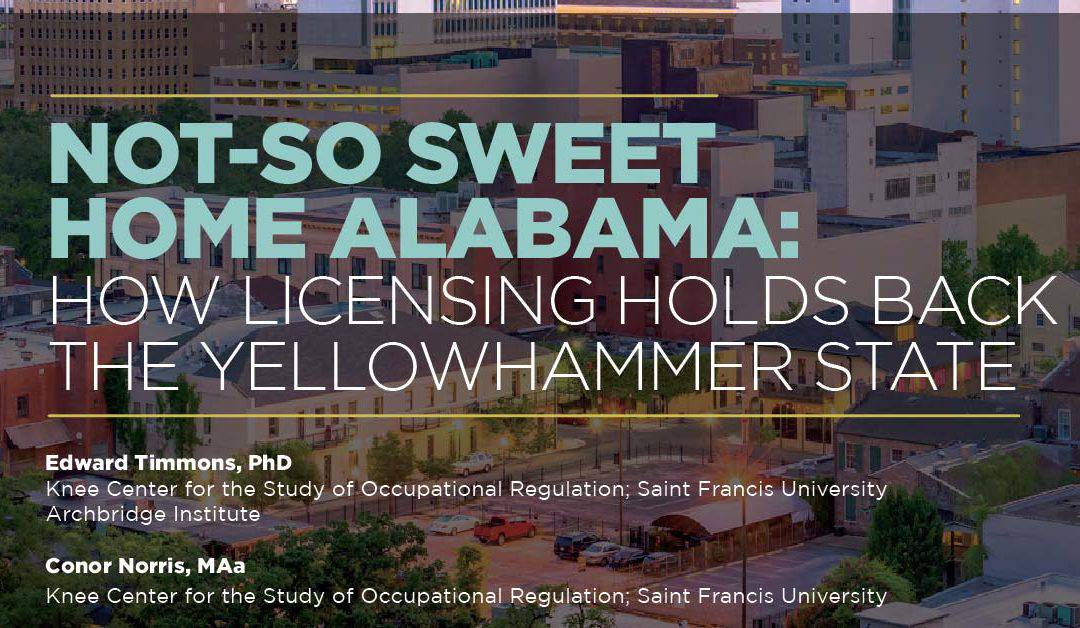
Not-So Sweet Home Alabama: How Licensing Holds Back The Yellowhammer State
As 2020, a year that most of us would likely sooner forget, fades into the rearview mirror, the labor market nationally continues to rebound from the significant downturn resulting from COVID-19 and the associated state policies meant to reduce the spread of the disease.
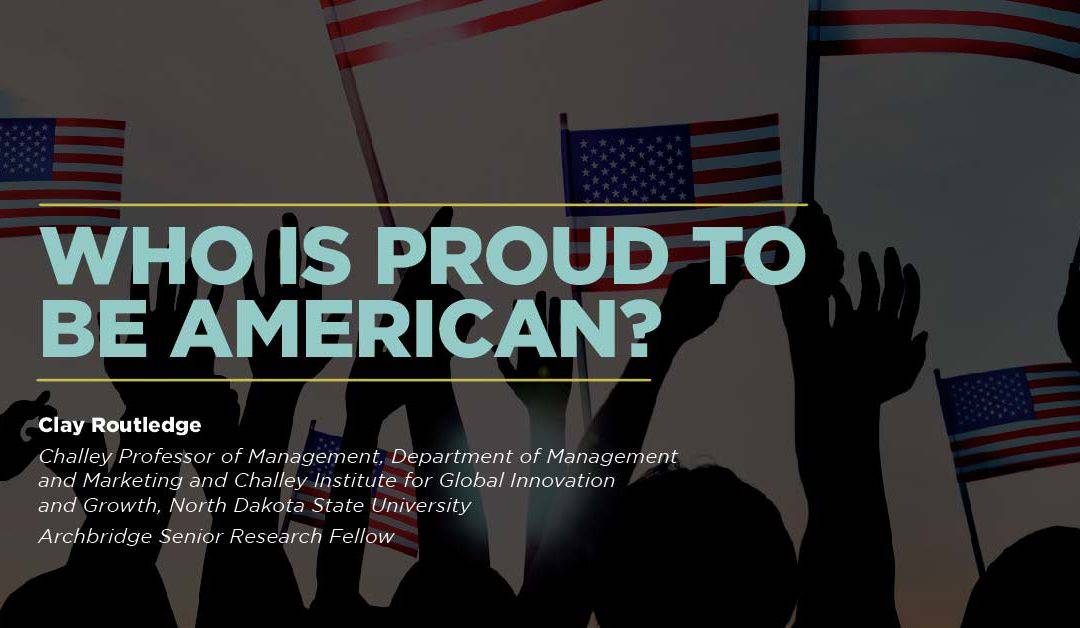
Who Is Proud To Be An American?
Regardless of political ideology, religion, race/ethnicity, gender, age, education level, or income, most Americans are proud to be American.
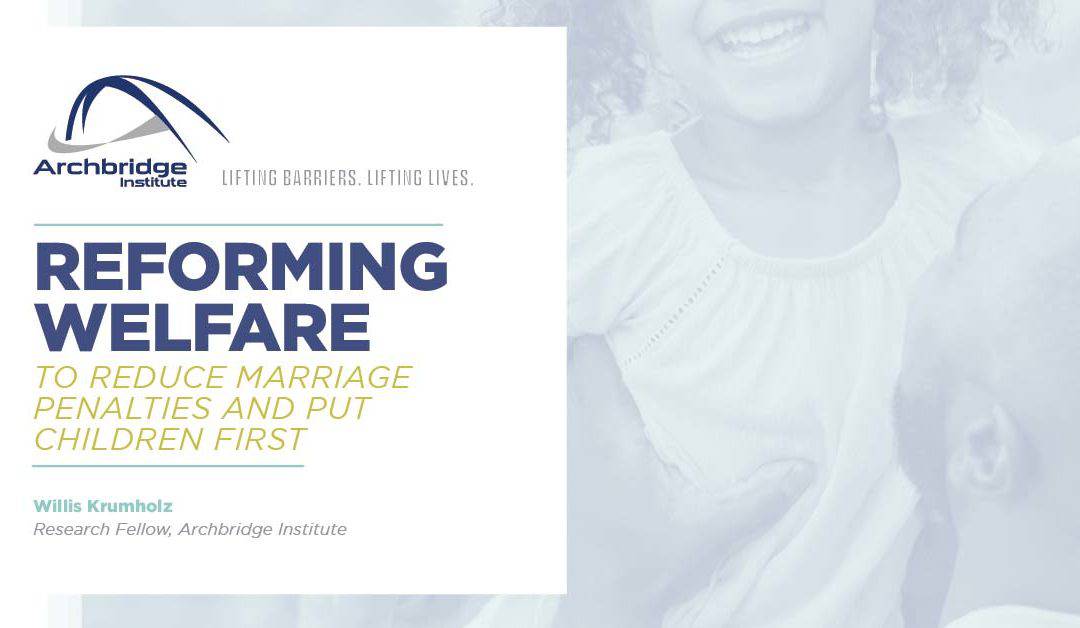
Reforming Welfare to Reduce Marriage Penalties and Put Children First
If we are concerned about poverty, inequality, and social mobility, we should be concerned about the collapse of marriage and widespread father-absence–particularly among America’s poor and working-class.
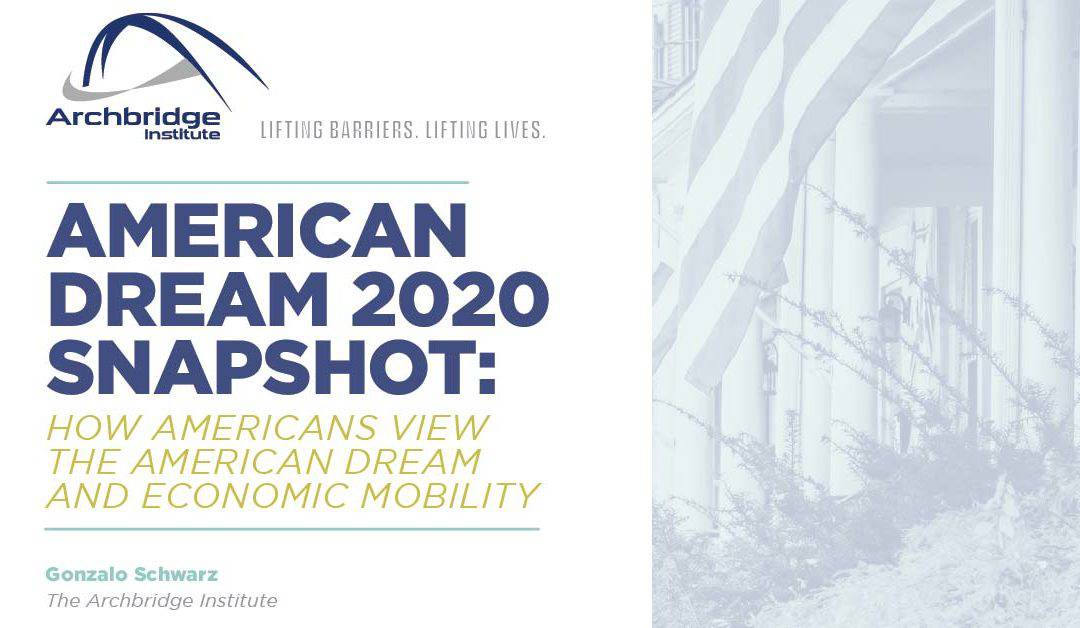
American Dream 2020 Snapshot
In our currently polarized country, there seem to be very few things that can bring us together. The sense of tribalism in our culture and politics has been magnified by the Coronavirus pandemic—which many of us hoped might bring a sense of unity to the country in the fight against a common enemy.
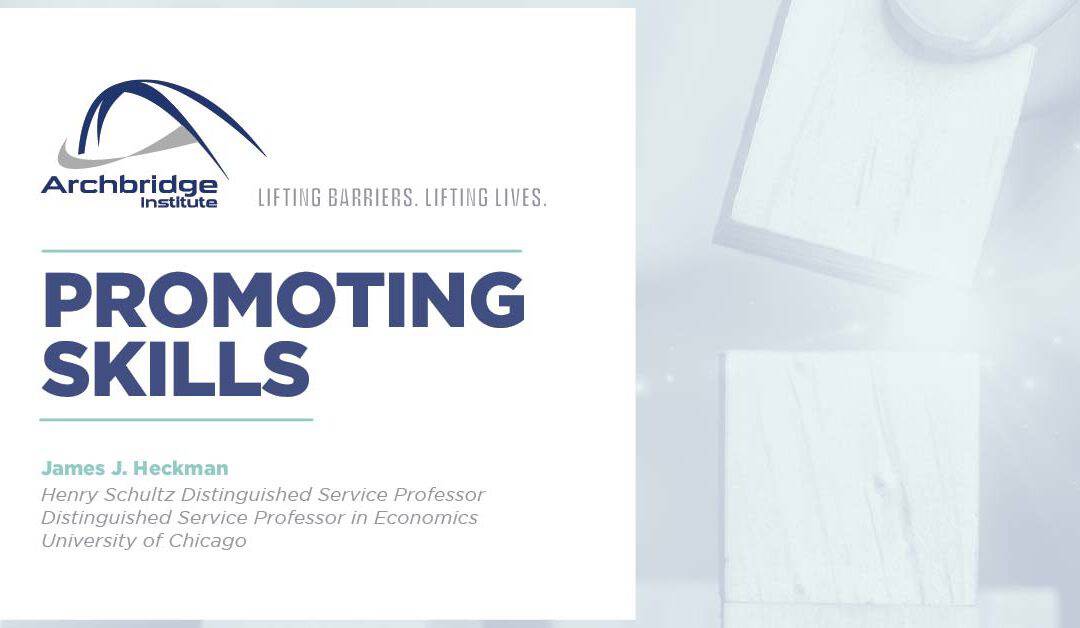
Promoting Skills
Societies everywhere face the problems of poverty, inequality, and economic and social immobility. The severity of these problems differs by country. Governments everywhere, including those in the United States (U.S.), are enacting policies to alleviate them.
The Archbridge Institute is a non-partisan, independent, 501(c)(3) public policy think tank. Our mission is to lift barriers to human flourishing.
Archbridge Institute
1367 Connecticut Avenue NW, Suite 200,
Washington, DC 20036
